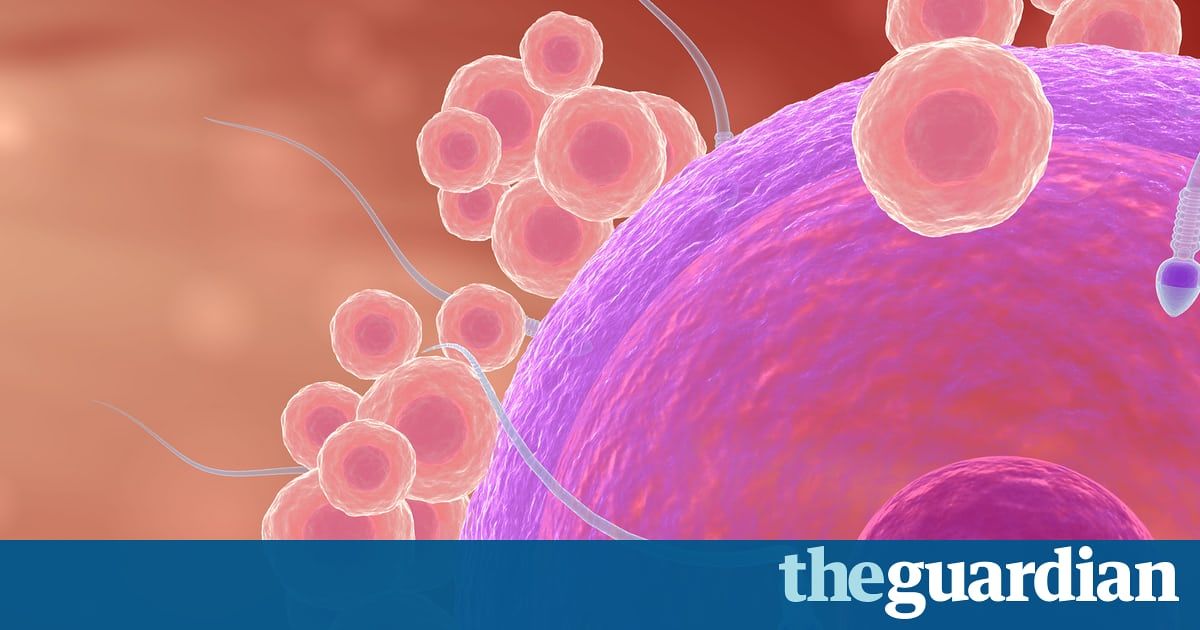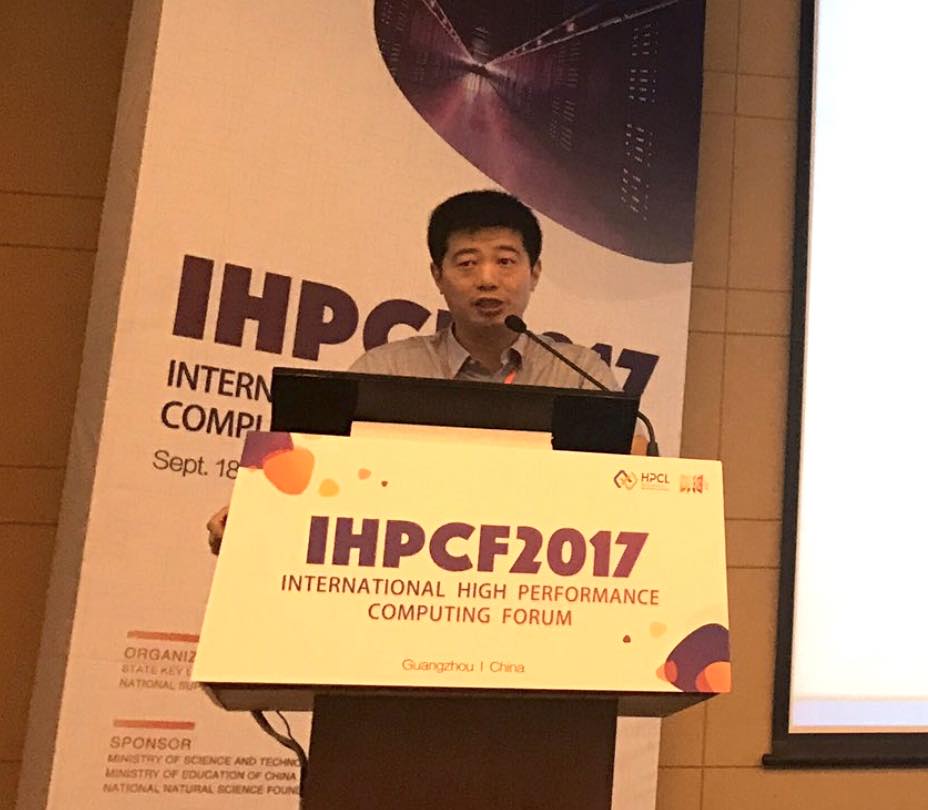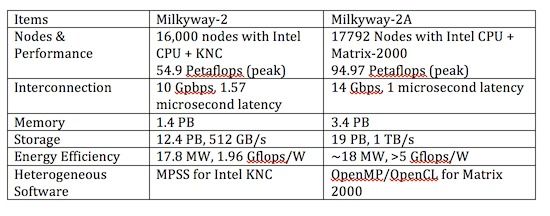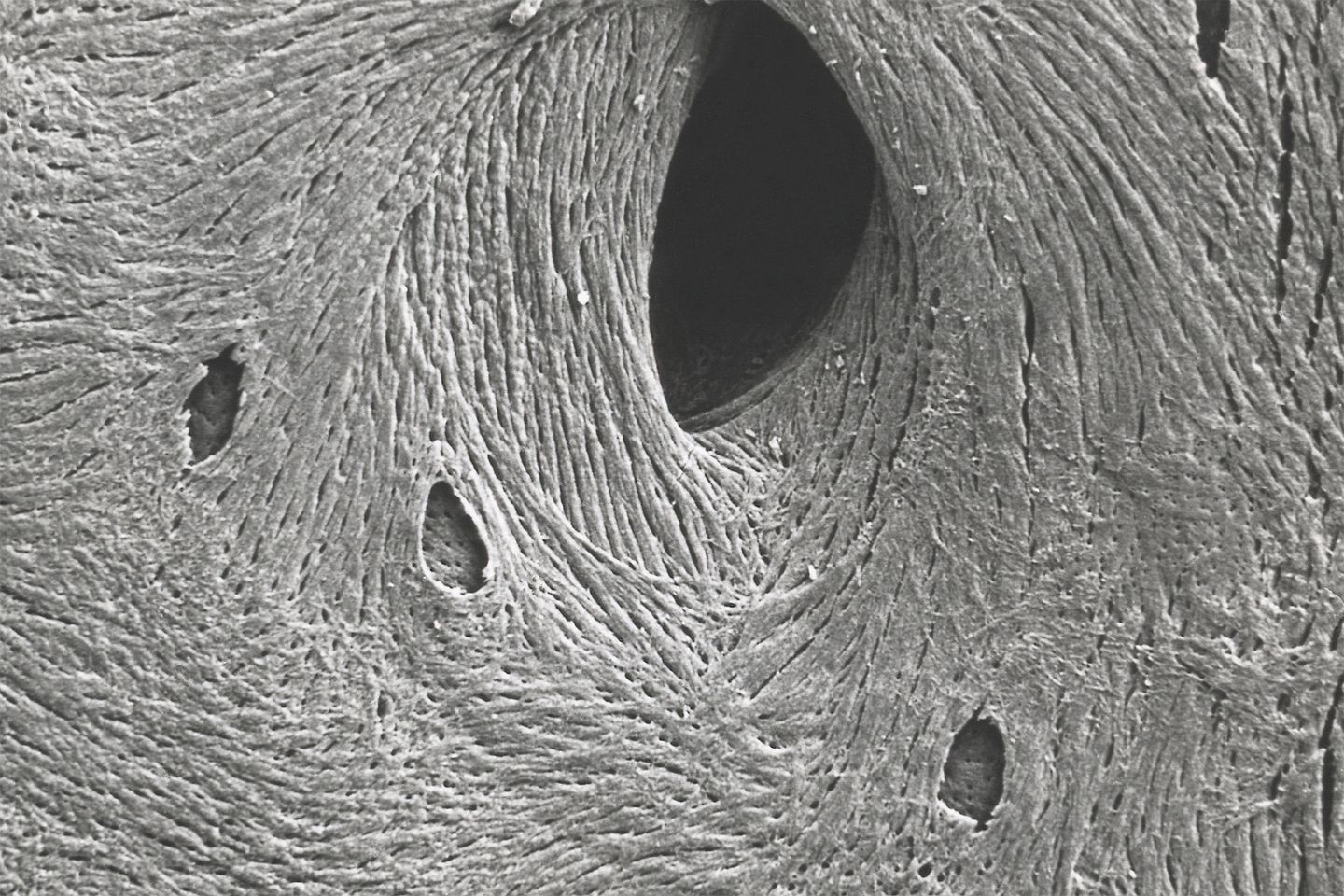Detailed study of how Cas9 protein domains move when they bind DNA leads to re-engineered Cas9 with fewer off-target effects.



Researchers studied 14,000 Icelanders and found that men passed on one new mutation for every eight months of age, compared with women who passed on a new mutation for every three years of age.
The figures mean that a child born to 30-year-old parents would, on average, inherit 11 new mutations from the mother, but 45 from the father.
Solar and wind power are all about the batteries.
The age of batteries is just getting started. In the latest episode of our animated series, Sooner Than You Think, Bloomberg’s Tom Randall does the math on when solar plus batteries might start wiping fossil fuels off the grid.

We have some breaking news from the IHPC Forum in Guangzhou today. Researchers in China are busy upgrading the MilkyWay 2 (Tianhe-2) system to nearly 95 Petaflops (peak). This should nearly double the performance of the system, which is currently ranked at #2 on TOP500 with 33.86 Petaflops on the Linpack benchmark. The upgraded system, dubbed Tianhe −2A, should be completed in the coming months.

Details about the system upgrade were presented at the conference opening session. While the current system derives much of its performance from Intel Knights Corner co-processors, the new system swaps these PCI devices out for custom-made 4-way MATRIX-200o boards, with each chip providing 2.46 Teraflops of peak performance.

The cost of drug discovery and subsequent development is a massive challenge in the pharmaceutical industry. A typical drug can cost upwards of $2.5 billion and a decade or more to identify and test a new drug candidate[1].
These costs have been increasing steadily over the years, and pharmaceutical manufacturers are constantly seeking ways to improve efficiency to save time and money and speed up research progress.
Automation in the lab is one example; tasks that were traditionally carried out by technicians can now be done by machines. Increasingly sophisticated assays to detect new drug candidates have also helped to slash development time. Now a new ally has arrived to aid drug development – artificial intelligence – and a powerful ally it is.

A team from the Universities of Glasgow, Strathclyde, the West of Scotland and Galway have created a device that sends nano vibrations across mesenchymal stem cells suspended in a collagen gel.
The authors of the paper, published in the Nature Biomedical Engineering journal, found that these tiny vibrations turn the cells into a 3D model of mineralised bone ‘putty’. This putty isn’t quite as hard as bone at this stage. That’s where the body comes in.
“We add the bone putty to an anatomically correct, rigid living scaffold, that we made by 3D printing collagen,” says Matthew Dalby, professor of cell engineering at the University of Glasgow, and one of the lead authors of the paper. “We put lots of cells in the body so it has a chance to integrate this new bone. We tell the cells what to do in the lab, then the body can act as a bioreactor to do the rest.”
Scientists have grown living bone in the lab by sending vibrations through stem cells. It could help amputees and people with osteoporosis.

Summary: The mitochondrial free radical theory of aging says that if we consume antioxidant supplements, we can repair the damage caused by free radicals. However, this recommendation is contradicted by a large body of evidence which shows that antioxidant supplements are often harmful. Researchers are discovering more effective ways to improve health by clearing our mitochondrial damage caused by free radicals.
Are you killing yourself in a bid to live a longer healthier life?
A growing body of evidence shows that if you take antioxidant supplements, and you are otherwise healthy, then you are wasting your money, and damaging your liver and nervous system.

Just like the game of Monopoly, which was created to illustrate the operation of laissez faire capitalism, there is always one big winner at the end of the game.
“Wealth concentration drives a vicious, downward cycle, throttling the very engine of wealth creation itself.”
“Because: people with lots of money don’t spend it. They just sit on it, like Smaug in his cave. The more money you have, the less of it you spend every year. If you have $10,000, you might spend it this year. If you have $10 million, you’re not gonna. If you have $1,000, you’re at least somewhat likely to spend it this month.”
These people could spend $20 million every year and they’d still just keep getting richer, forever, even if they did absolutely nothing except choose some index funds, watch their balances grow, and shop for a new yacht for their eight-year-old.
If you’re thinking that they “deserve” all that wealth, and all that income just for owning stuff, because they’re “makers,” think again: between 50% and 70% of U.S. household wealth is “earned” the old-fashioned way (cue John Houseman voice): it’s inherited.
The bottom 90% of Americans aren’t even visible on this chart — and it’s a very tall chart. The scale of wealth inequality in America today makes our crazy levels of income inequality (which have also expanded vastly) look like a Marxist utopia.

Now, some of the world’s largest tech companies are taking a cue from biology as they respond to these growing demands. They are rethinking the very nature of computers and are building machines that look more like the human brain, where a central brain stem oversees the nervous system and offloads particular tasks — like hearing and seeing — to the surrounding cortex.
New technologies are testing the limits of computer semiconductors. To deal with that, researchers have gone looking for ideas from nature.
